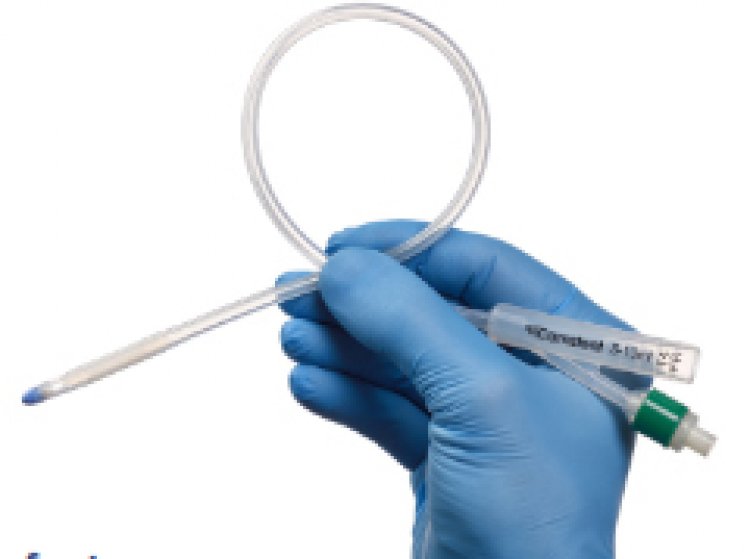Camstent Announces Initiation of a MultiCentre Clinical Study for Novel Anti-Bacterial Coated Foley Catheter Technology

BEDFORD, UNITED KINGDOM: Camstent has announced the initiation of clinical studies utilising its novel infection-resistant polymer coating for silicon-based medical products. The initial study will utilise its IP-protected coating to collect evidence for infection resistance for Foley catheters.
Camstent is a Cambridge-based developer of novel bacteriaphobic coatings for silicon-based medical devices. Camstent develops surface coatings that limit bacteria colonisation and inhibits biofilm development. These coatings can play a major role in the fight against catheter-acquired infections which account for 40% of all hospital infections.
The new study is a multi centre trial.
Camstent’s core strength and capability is their novel bacterial and biofilm reducing technology: coating materials and processes that could protect patients from life threatening infections using medical device coatings.
Camstent is addressing a global hospital-acquired infection (HAI) epidemic which severely affects patients and hospital economics. In the US alone, HAIs are estimated to cost healthcare systems around $35 Billion dollars per annum and a large proportion of these are due to urinary tract infections associated with catheter use (CAUTIs).
Reducing biofilms ensures reduction in infection-related issues which cause discomfort to patients, longer hospitalisation, increased usage of antibiotics and higher costs.
Camstent’s first proof of concept device is a coated Foley Catheter which is beginning clinical studies in the UK. Earlier studies in a cohort of 150 patients have shown between 61%-98% reduction in biofilms colonising the Camstent-coated catheter.
Catheter-acquired urinary tract infections (CAUTIs) are the biggest cause of Hospital Acquired Infections. Solutions that can help prevent or reduce catheter-related infections will lead to significant improvements in clinical outcomes and substantial cost savings to healthcare providers.
Catheters with effective antibacterial coatings can reduce or retard the formation of the bacterial biofilm that leads to CAUTIs. Other coated catheters on the market, mainly relying on silver hydrogel or antibiotics, have proven to be largely ineffective at preventing the growth of bacterial biofilm and, therefore, reducing CAUTIs. Multiple clinical trials report little to no efficacy for existing products.
Camstent has developed a novel, IP-protected polymer coating for catheters that reduces the formation of bacterial biofilms which cause CAUTIs. The product can be applied to silicone/silastic surfaces. The polymer coating resists the attachment of organisms that form toxic colonies, and reduces the release of bacterial toxins, thus preventing patients from developing infections.
The Camstent bacteria-phobic coating technology offers unique clinical advantages:
• Demonstrably superior resistance to biofilm development versus uncoated catheters
• Inert coating material, with documented compliance with laboratory biocompatibility standards for avoiding toxicity, irritation, and sensitisation.
• Durable coating that remains attached to the catheter surface, inside the lumen and across the surface, throughout normal use
• Smooth, thin surface coating aiming to minimise discomfort for the patient
• Indications for use, handling, and training are unchanged from use of uncoated catheters.
• Non-pharmacologic and does not kill bacteria, avoiding the emergence of resistant organisms.
Mark Harwood, CEO of Camstent, said “We are delighted to announce the initiation of our clinical study with a number of leading UK hospitals and clinics. Although earlier proof of concept studies have shown positive protective data against CAUTIs in a number of clinical settings, this initial study has been formalised to demonstrate the key advantages of our coating technology. We are also now seeking commercial partners for the many additional silicon-based catheters which are likely to show significant patient benefits in terms of dramatically lowered infection rate.”
The Camstent study is supported by the National Institute for Health Research (NIHR), the research partner of the NHS, public health and social care.















































